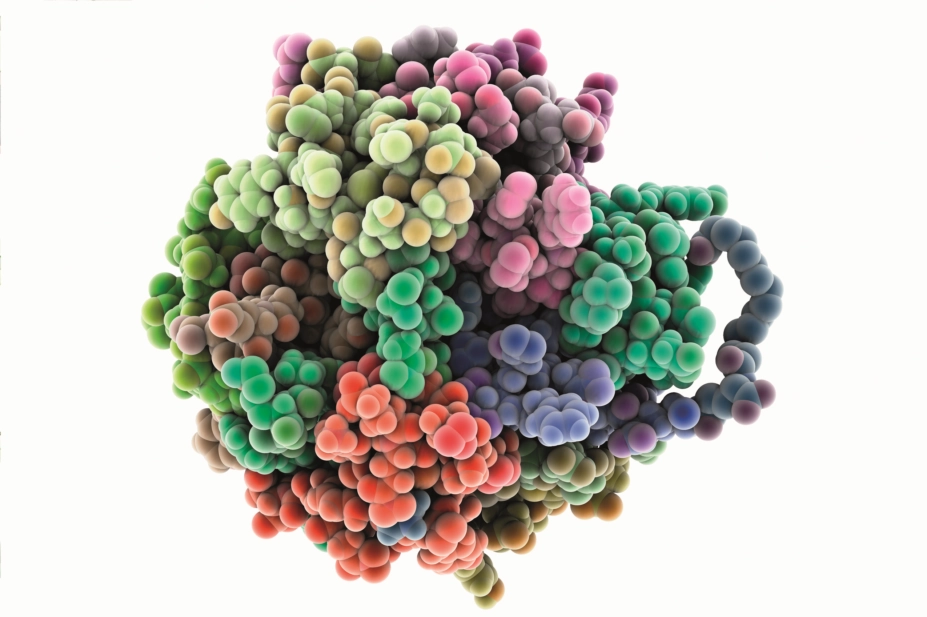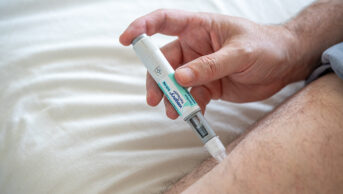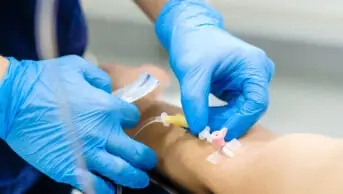
Science Photo Library
Treatment with insulin degludec (Tresiba; Novo Nordisk) in type 2 diabetes mellitus (T2DM) improves glycaemic control and leads to fewer hypoglycaemic episodes compared with insulin glargine, according to results from a study of real-world data, presented at the American Diabetes Association Scientific Sessions in Orlando, Florida, on 25 June 2018[1]
.
Using electronic health records, researchers used data from 2,028 patients with T2DM who had their treatment intensified with insulin degludec injection and compared them with an equal number of patients whose treatment was intensified with insulin glargine U300 (Toujeo; Sanofi), a basal insulin approved by the European Commission in January 2013.
Between baseline and six months, HbA1c levels declined by an average of 1.5% in the degludec group, compared with 1.2% in the glargine group — a significant difference.
Additionally, the rate of reported hypoglycaemic episodes was 30% lower in the degludec-treated patients compared with glargine-treated patients. Glargine-treated patients were also 37% more likely to discontinue their therapy than degludec-treated patients, the researchers found.
Data from clinical trials indicate that insulin degludec reduces the rate of hypoglycaemia compared with insulin glargine, but the researchers said this is the largest study using real-world data to demonstrate this.
References
[1] Tibaldi J, Haldrup S, Sandberg V et al. Clinical outcome assessment of the effectiveness of insulin degludec (degludec) in real-life medical practice (CONFIRM) — a comparative effectiveness study of degludec and insulin glargine 300U/mL (glargine U300) in insulin-naive patients with type 2 diabetes (T2D). Presented at: American Diabetes Association Scientific Sessions; Orlando, Florida; 22–26 June 2018. Abstract available here: http://diabetes.diabetesjournals.org/content/67/Supplement_1/98-LB (accessed August 2018)


